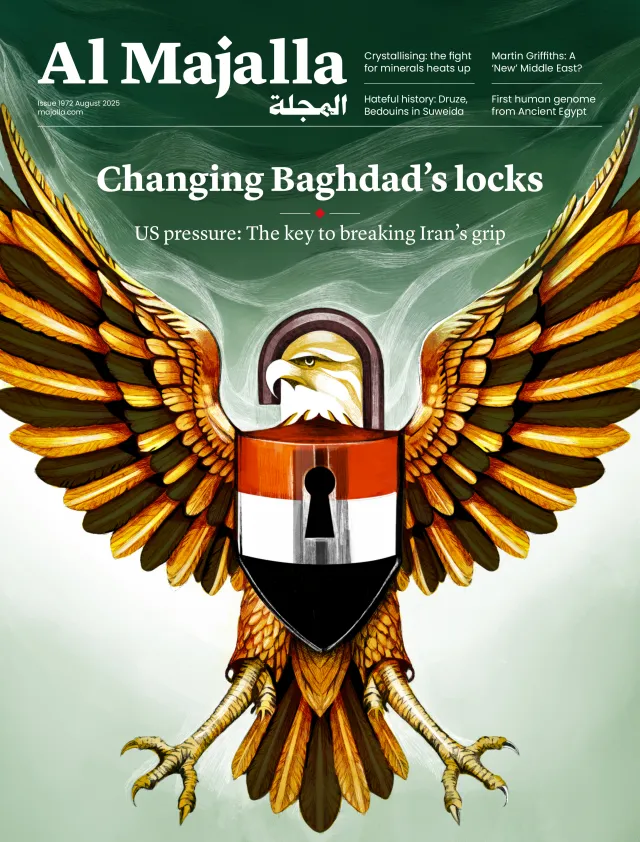The escalating sectarian violence in Syria which led Israel to bomb key government buildings in Damascus is by far the most serious challenge posed to Syria’s new government since it took power in December 2024.
Following clashes between Bedouin tribes and the Druze community in the predominantly Druze city of Suweida in southern Syria, President Ahmed al-Sharaa dispatched government forces to the area in a bid to calm tensions. This prompted the Israelis to launch air strikes in Damascus and southern Syria. Israel has its own Druze community and claims to have close ties to Syria’s Druze.
Justifying Israel’s military intervention, Israeli defence minister Israel Katz warned the Syrian government to “leave Druze in Suweida alone” and said that Israel was prepared to inflict “painful blows” to “eliminate the forces that attacked the Druze until their full withdrawal” from Syria’s south. Israel then bombed the Syrian defence ministry and presidential palace in Damascus, representing its most intense attack since the overthrow of former dictator Bashar al-Assad in 2024.
On behalf of all
Tensions between local minority groups have been increasing in recent days, with dozens killed in clashes. The Syrian Observatory for Human Rights put the number of dead at more than 300. This has presented the government of al-Sharaa with one of its sternest tests. Al-Sharaa has worked hard to persuade the world that he will govern Syria on behalf of all Syrians. This has led several Western countries, most recently the UK, to restore diplomatic ties with Damascus, while President Trump agreed to drop US sanctions.
But while most in the international community support the al-Sharaa government’s attempts to restore stability after 13 years of brutal civil war, concerns remain about its ability to resolve sectarian tensions. Despite al-Sharaa’s pledge to work to unite the Syrian people, the country’s many religious and ethnic minorities remain wary of the government’s ability to protect them, especially as many senior members are former Islamist and jihadist fighters.




